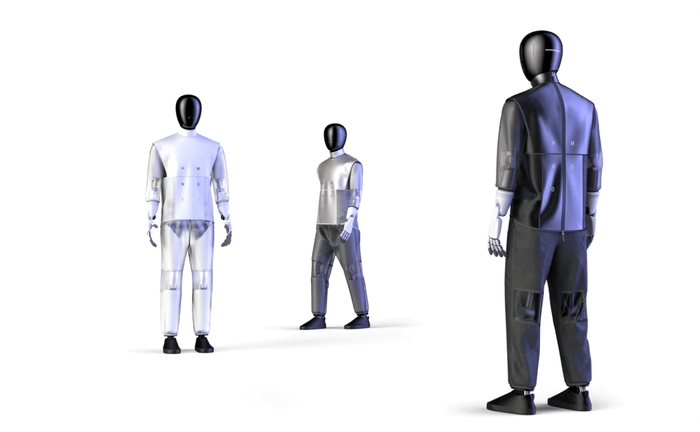Eyesight-Restoring Device From Musk Company Earns FDA Breakthrough DesignationEyesight-Restoring Device From Musk Company Earns FDA Breakthrough Designation
Elon Musk’s brain implant startup’s Blindsight device could restore sight to the blind
.jpg?width=1280&auto=webp&quality=95&format=jpg&disable=upscale)
Neuralink, the Elon Musk brain implant startup, has earned FDA Breakthrough Device Designation for a device that can potentially restore eyesight for those who have lost it.
The Blindsight device could help even those who have lost both eyes and their optic nerve to see, Musk said in a post on X. He also said it can even help those blind from birth see for the first time if the visual cortex is intact.
“To set expectations correctly, the vision will be at first be low resolution, like Atari graphics, but eventually it has the potential to be better than natural vision and enable you to see in infrared, ultraviolet or even radar wavelengths, like Geordi La Forge,” Musk wrote.
Neuralink received FDA approval in 2023 to conduct human trials of its brain implant, despite ongoing federal scrutiny for issues at the animal testing phase of its clinical trials, following a 2022 report detailing unnecessary animal deaths.
Neuralink’s chips and brain interface could bring autonomy to those with neurological and other conditions and is designed to enable remote control of computers, smartphones and other connected devices.
The company also designed a surgical robot for the implant process the company said is too complex for human surgeons to complete.
The following September Neuralink started recruiting for its first human clinical trial, calling for patients with paralysis to apply.
Under the PRIME Study (short for Precise Robotically Implanted Brain-Computer Interface), a robot would be used to surgically implant a brain-computer interface (BCI) chip in the brain, targeting the area that controls movement to allow paralysis patients to “control external devices with their thoughts.”
Neuralink called the PRIME study an “important step” in the company’s mission to create tools to restore autonomy to those with unmet medical needs.
In January Musk announced Neuralink successfully completed the first chip implant into a human brain. The patient was a 29-year-old who lives with quadriplegia following a diving accident.
The chip works by recording a patient’s neural activity using 1,024 electrodes distributed across 64 flexible “threads,” each thinner than a human hair.
At the same time, he announced that Neuralink’s first product would be called Telepathy.
In May the company reported that the brain chip implanted in the first human patient has run into problems after several of the “threads” connecting the chip and brain retracted.
Several updates followed, including Arbaugh’s ability to control a computer mouse with only his thoughts and play video games including Mario Kart using the chip.
Just a week after the company disclosed the malfunction, Neuralink opened applications for a second participant in its human trial.
In August Musk announced a second patient was implanted with one of the brain chips and it was working well. The identity of the patient was not disclosed.
At the time Musk also said Neuralink plans to perform eight more procedures on human patients by the end of 2024, bringing the total of implants the startup has conducted to 10.
About the Author
You May Also Like
.png?width=100&auto=webp&quality=80&disable=upscale)
.png?width=400&auto=webp&quality=80&disable=upscale)





